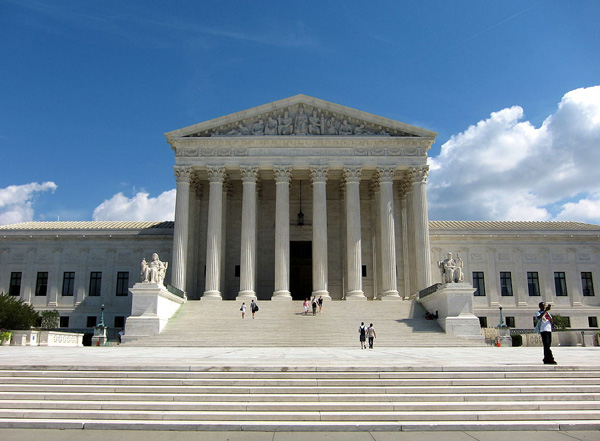- South Texas Students Meet Accordion Music Icons Los Tigres Del Norte In Edinburg Thanks To Khs America/Hohner Alianza Académica Initiative
- Fragile Planet Offers a Nighttime Wildlife Experience
- Falcons Soccer Off & Running
- Cameron County Receives Funds to Improve Two Parks
- Falcons Complete First Half of 32-6A
- School District to Help out Victims of California Wildfires
- Sand Castle Days Continued Despite Unexpected Weather
- Ready for District
- Discussion of Garbage Dumpster Rates, Agreements Between State & City on Highway Regulations, and More
- 31st Annual Shrimp Cook-Off is Right Around the Corner
Texas Abortion Case Heads to U.S. Supreme Court
- Updated: November 27, 2015
by Eric Galatas
AUSTIN, Texas – On Friday, the U.S. Supreme Court agreed to review a Texas case that could decide whether imposing regulations on abortion providers constitutes an undue burden by restricting patients’ access.
Terri Burke, executive director of the ACLU of Texas, applauded the move and says her organization and others will file amicus briefs with the court.
Burke points to one brief already submitted by medical experts, including the American Medical Association, that says two provisions in HB2 – the Texas law in question – puts women’s health at risk.
“The AMA and the American College of Obstetricians have opposed these laws,” she says. “They have been united on this, because they recognize that these laws don’t promote women’s health.”

The ACLU of Texas and other groups plan to file amicus briefs with the U.S Supreme Court opposing a law they say limits access to abortion services. Photo: Agnostic Preacher’s Kid/Wikimedia Commons.
Burke says HB2 imposes far higher standards for clinics performing abortions than for more dangerous medical procedures. It requires clinics to have local hospital admitting privileges and meet the same building standards as ambulatory surgical centers.
In a statement, Governor Greg Abbott said Texas will continue to “fight for higher-quality healthcare standards for women,” and is confident the Supreme Court will uphold the law.
Burke says when HB2 was enacted in 2013, Texas had 40 clinics offering abortion services. If the high court allows the law to stand, only 10 clinics will remain to serve the state’s 5.4 million women of reproductive age.
According to Burke, the case isn’t about promoting abortion, but about women being in charge of their own destiny.
“Having the opportunity to make a decision about whether they want to be a parent, when they want to be a parent, how they’re going to be a parent,” she says. “That’s a private and personal decision that the government has no place in.”
Burke says that since 2010, states have passed almost 300 measures restricting access to abortion, with more than 50 adopted this year.
Oral arguments in the case, Whole Woman’s Health v. Cole, are expected to begin next year.
